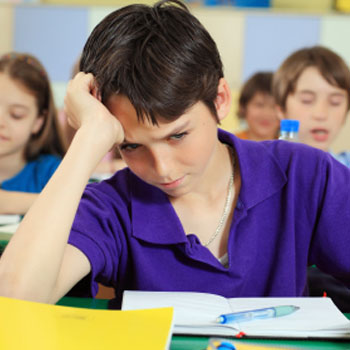Why Your Kids Should Learn Consequences

For every action there is a reaction. We’re talking about consequences, and it’s an important lesson kids should learn in life sooner rather than later. It goes without saying that you want children to learn the consequences for their actions, especially when those actions aren’t appropriate. Ann Douglas, author of The Mother of All Parenting Books: The Ultimate Guide to Raising a Happy, Healthy Child from Preschool through the Preteens, explains that there are two types of consequences from which children learn – natural consequences and logical consequences. The first is natural consequences. These are consequences that happen on their own. For example, if your child throws his ball near the canal and the ball lands in the canal, then the natural consequence is that your child loses his ball. With natural consequences, your children are able to learn the consequences of their actions on their own. According to Douglas, these are powerful because it is obvious they are a direct result of the child’s actions. With logical consequences, it’s up to you to create the outcome. For example, your child knows he or she shouldn’t run in the house. The natural consequence would be that the child breaks a lamp or a vase. Or even worse, the child injures himself. Of course, the child can run through the house without any incident. However, you see the child running through the house. It’s up to you to create a logical consequence that applies such as sending the child to his room. The most important rule of thumb is that the crime fits the punishment. In other words, you want to make the two related so that your child understands why he has received that punishment. Consequences should begin at a young age. You don’t want your child growing up and learning that there are no consequences for doing wrong.
